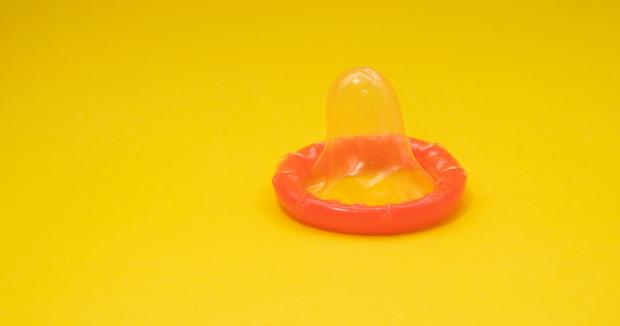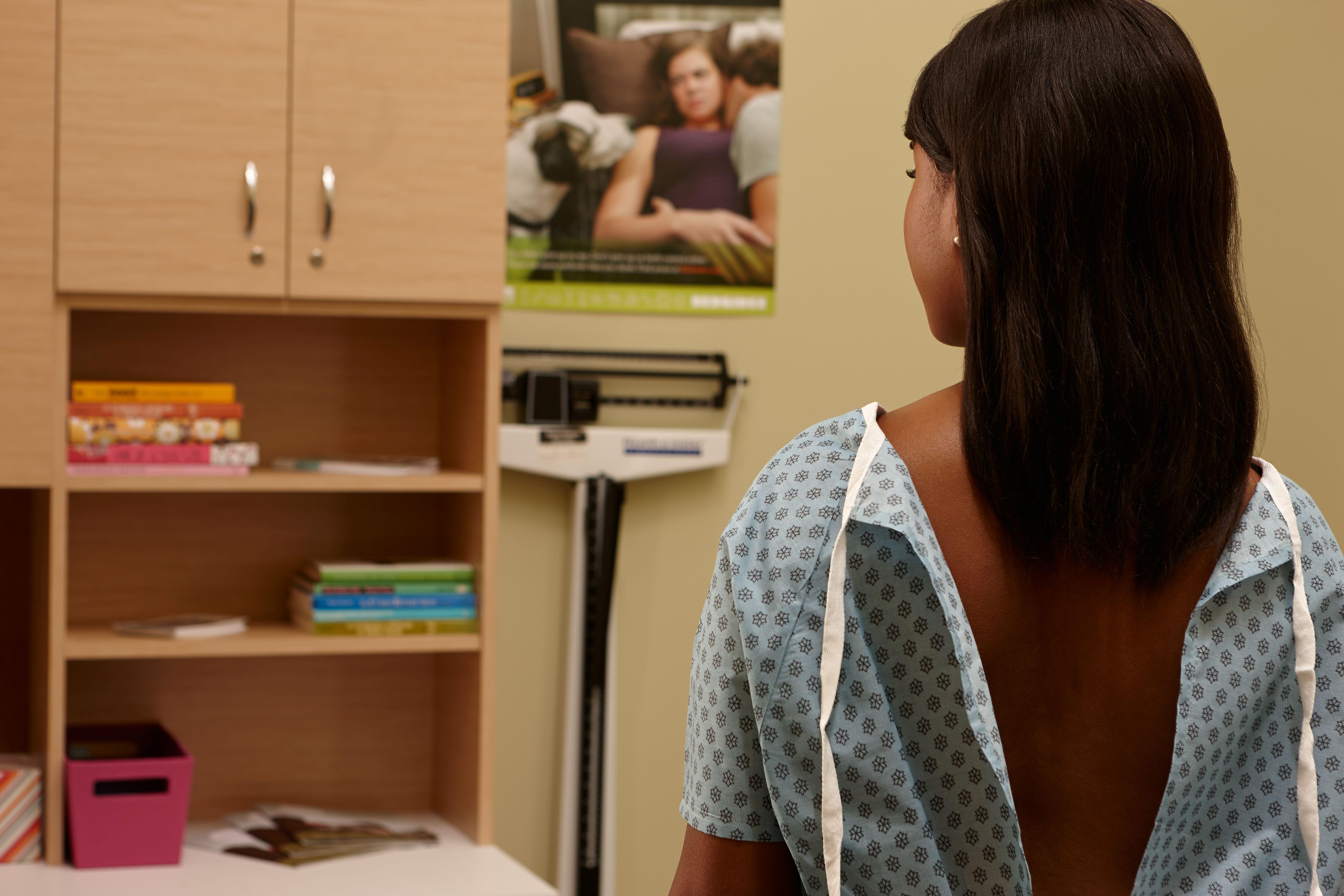Before You Stop Using Condoms…

Here are a few things to do first.
Condoms are great—they’re available in almost any drug store or clinic and they protect against pregnancy and sexually transmitted infections (STIs). More than half of U.S. couples use a condom when they have sex for the first time, and over 93% have used condoms at some point.
The number of couples relying on condoms tends to go down as relationships last longer, so it’s safe to say a lot of couples start off using them and then switch to another method of birth control when they become exclusive. But starting a new method of birth control doesn’t have to mean forgoing condoms. Doubling up with condoms and another method is a great option for many couples.
But if you and your partner have been using condoms and want to stop, there are a few things to do beforehand. Remember that if you want to get started on another method, talk to a provider at your nearest The Right Time health center, where you can get free or low-cost access to all the methods of birth control.
Get your test (GYT)
Even if you’re pretty sure you don’t have an STI, you should both get tested for common infections such as chlamydia, gonorrhea, syphilis and HIV. It’s also a great time to make sure your HPV vaccine series is done and, if you have a vagina, your Pap smears are up to date.
For chlamydia and gonorrhea, you just need to provide a urine sample. Yup, it’s a simple as peeing in a cup. For HIV, syphilis and herpes, it’s a blood test. That means providing a small sample of blood at a lab or clinic. Once you get your test results, you may have a few more steps to take before it’s safe to stop using condoms. If you test positive for chlamydia, gonorrhea, or syphilis, antibiotics will cure them. The treatment depends on the type of infection and you may take pills, get a shot, or both.
If you test positive for HIV, it can be managed with medicines that reduce the amount of the virus in your body. They will also reduce your partner’s chance of getting the same infection, but they don’t guarantee it. That means that you’d need to talk to your partner about how you both feel taking this chance without condoms. (If you decide to keep using condoms, you’re in good company. About 10% of U.S. couples of all ages rely on condoms.)
If you’re both in the clear, you can have the “let’s stop using condoms” conversation. If you’re not ready to get pregnant yet, this is a good time to talk about what other method you want to use to prevent pregnancy. Whoever is using the method should have final say, but it might be nice to have both partners involved in the decision. A health care provider at your nearest The Right Time health center can help you figure out which method is best for you.
Updated January 2021
Related Content

Provider Perspective
The Common Cold of the Sexually Active World: HPVLet’s talk HPV—causes, treatments, and prevention.

Provider Perspective
Skip the Pelvic, Please!What to expect when it’s time to visit your lady doctor. (It may just be a conversation.)

Provider Perspective
Does Being Overweight Affect Your Birth Control?When it comes to birth control and weight, not all methods are created equal...

Provider Perspective
Period Pain? Birth Control Can Help!Hormonal birth control is one of the best ways to manage painful periods.



















